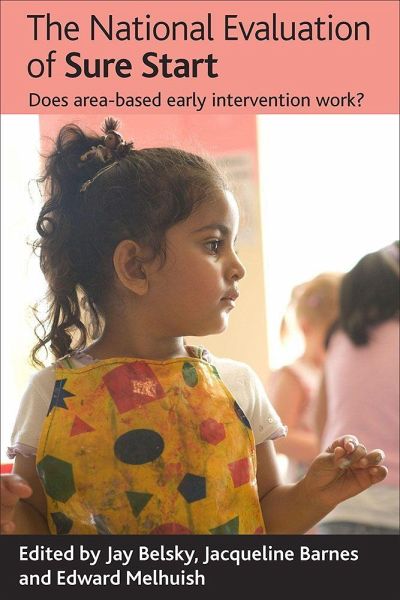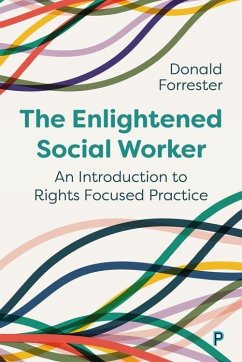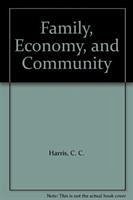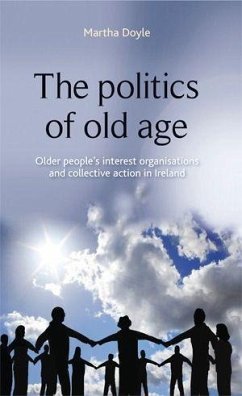Nicht lieferbar

The National Evaluation of Sure Start
Does Area-Based Early Intervention Work?
Herausgeber: Belsky, Jay; Melhuish, Edward; Barnes, Jacqueline
Versandkostenfrei!
Nicht lieferbar
Sure Start was one of New Labour's flagship efforts to help break the intergenerational cycle of poverty and social exclusion in the UK by enhancing the health and development of children under four, and their families living in disadvantaged communities. Toward this end, the British government set up more than 500 local Sure Start programs in small geographic areas around the country in order to improve existing services and create new ones. But how effective has Sure Start been? This book pulls together, in a single volume, the findings of the very extensive National Evaluation of Sure Start...
Sure Start was one of New Labour's flagship efforts to help break the intergenerational cycle of poverty and social exclusion in the UK by enhancing the health and development of children under four, and their families living in disadvantaged communities. Toward this end, the British government set up more than 500 local Sure Start programs in small geographic areas around the country in order to improve existing services and create new ones. But how effective has Sure Start been? This book pulls together, in a single volume, the findings of the very extensive National Evaluation of Sure Start (NESS). It outlines the policy background of Sure Start, describes the community contexts in which local programs were established, shares what has been discovered about the implementation of the programs, and demonstrates their impact on children, families, and communities, as well as highlighting where and why its impact varies. The book's contributors are the UK's leading experts on childcar












